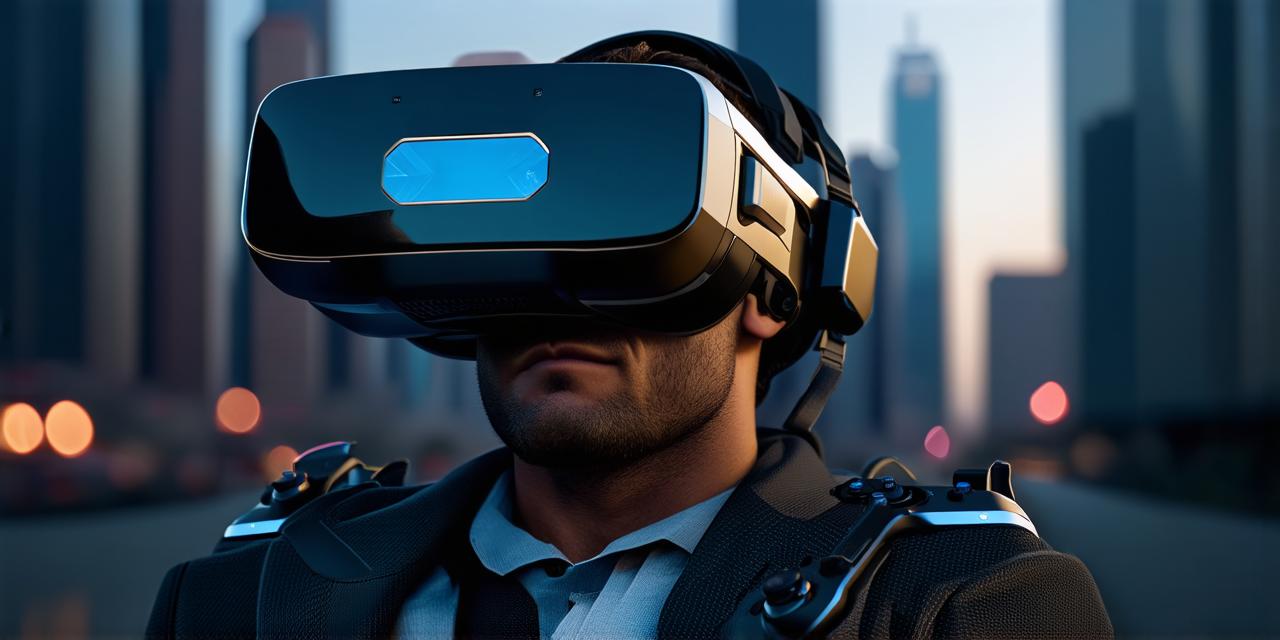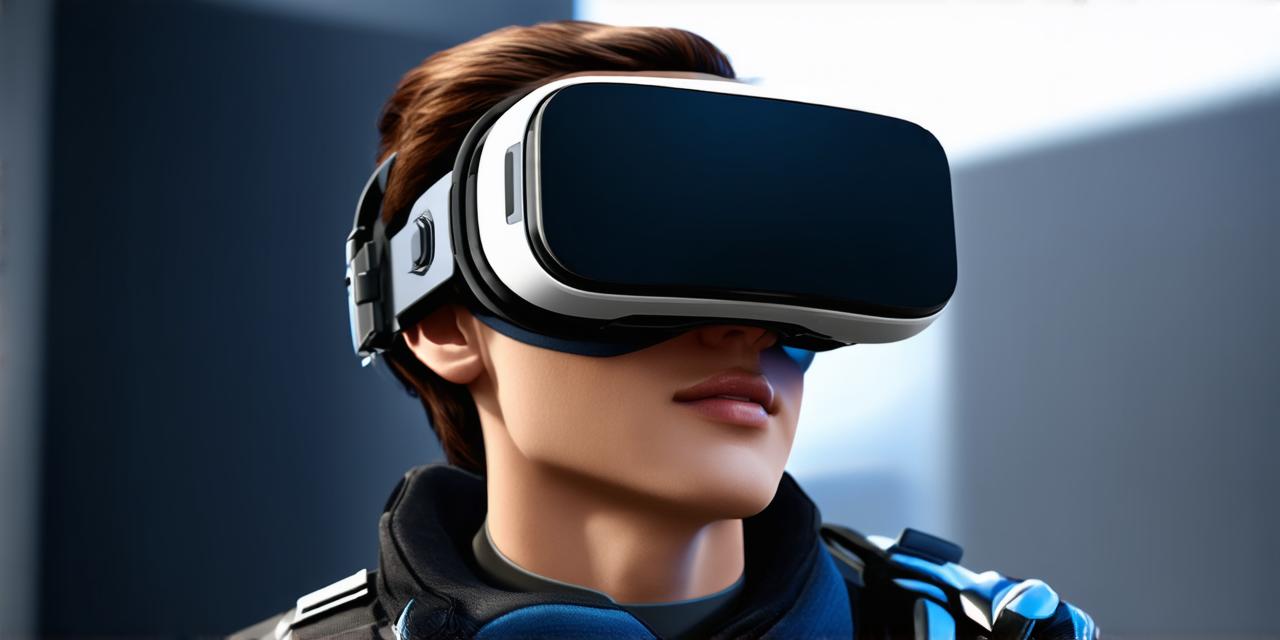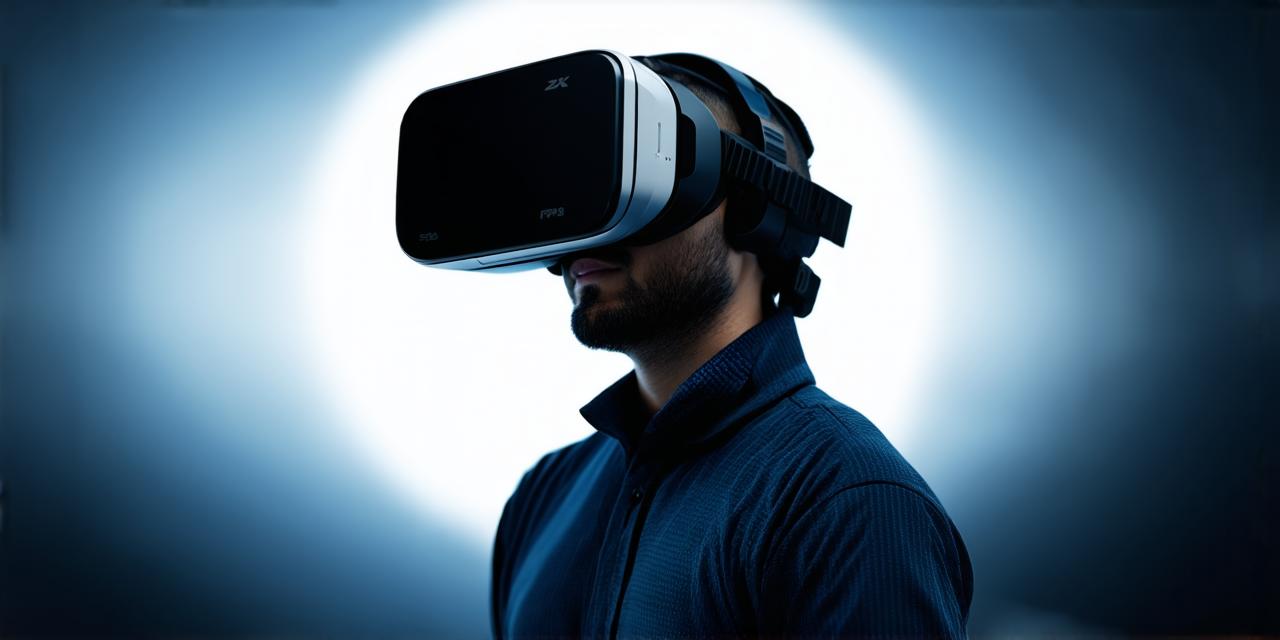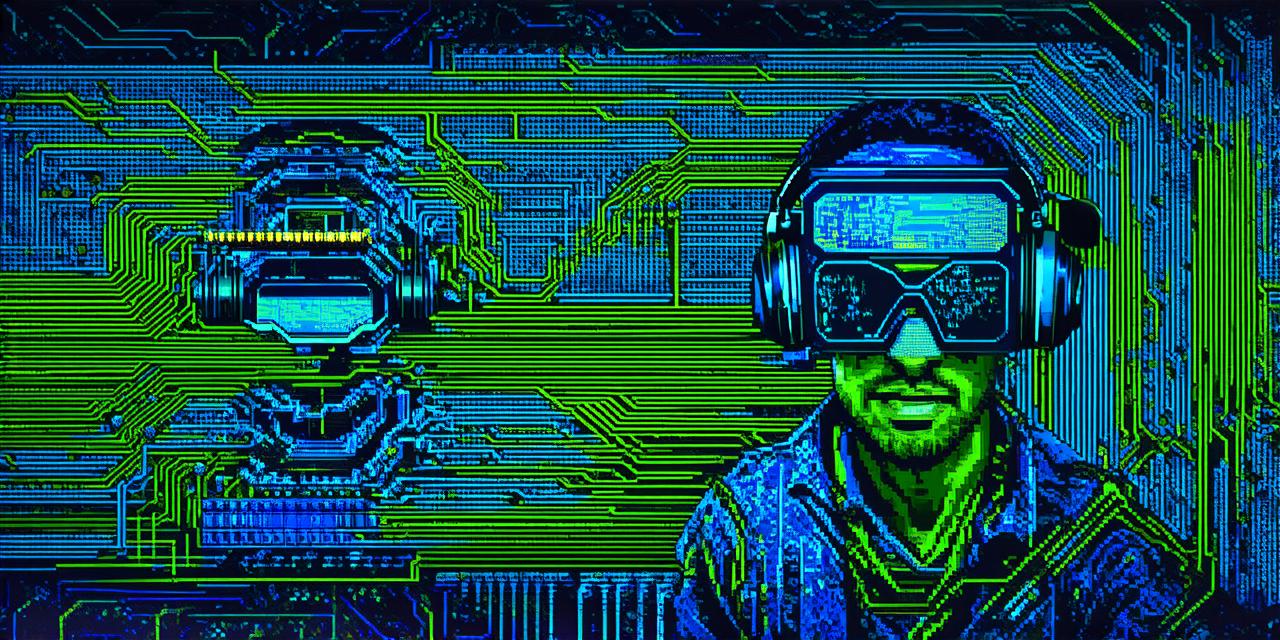1. Understand Your Budget
The first step in purchasing VR equipment is to determine your budget. AR developers should consider how much they are willing to spend on VR equipment and factor this into their decision-making process. While there are many affordable options available, it’s important to invest in quality equipment that will last for years to come.
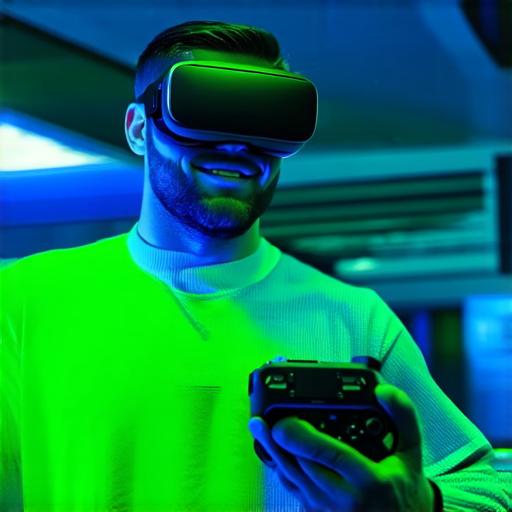
2. Consider Your Needs
Before making a purchase, AR developers should consider their specific needs and requirements when it comes to VR equipment. Some key factors to consider include the type of VR experience you want to create, the size and space of your workspace, and the level of immersion you require. Additionally, you should think about the compatibility of the equipment with your existing hardware and software.
3. Research and Compare Options
Once you have a clear understanding of your budget and needs, it’s time to research and compare options. There are many VR devices available on the market, each with its own unique features and capabilities. Some of the most popular VR devices for AR developers include the Oculus Quest 2, HTC Vive Pro Eye, and PlayStation VR 2.
4. Read Reviews and Testimonials
Before making a final decision, it’s important to read reviews and testimonials from other AR developers who have used the equipment you are considering. This will give you a better idea of what to expect and help you make an informed purchase decision. Additionally, you can also consult with experts in the field or seek advice from online forums and communities.
5. Consider Warranty and Support
When purchasing VR equipment, it’s important to consider the warranty and support options available. Many manufacturers offer extended warranties and technical support to help ensure that your equipment is functioning properly and to address any issues that may arise. This can provide peace of mind for AR developers who are investing in expensive equipment.
6. Think About Scalability
Finally, AR developers should consider the scalability of their VR equipment when making a purchase. Some VR devices are designed to be easily upgraded or expanded as your needs change, while others may require significant investments to add new features or capabilities. By considering scalability from the outset, AR developers can ensure that their VR equipment will meet their needs for years to come.
Conclusion:
Purchasing VR equipment can be a daunting task, especially for AR developers who are new to the technology. However, by understanding your budget and needs, researching and comparing options, reading reviews and testimonials, considering warranty and support, and thinking about scalability, you can make an informed purchase decision that will help you create the VR experiences of your dreams.
FAQs:
1. What is the best VR headset for AR developers?
The Oculus Quest 2 is a popular choice for AR developers due to its affordability and portability. However, the HTC Vive Pro Eye and PlayStation VR 2 also offer advanced features and capabilities that may be suitable for more complex VR experiences.
2. Do I need a high-end computer to run VR equipment?
The performance requirements of VR equipment can vary depending on the device and the complexity of the VR experience you are creating. However, most VR devices require a high-end computer with at least an Intel Core i5 processor or equivalent to run smoothly.
3. Can I use VR equipment for remote work?
Yes, VR equipment can be used for remote work in AR development. Some VR devices offer wireless connectivity options, allowing developers to access the same VR experience as if they were working in a physical office space.
4. How long does it take to set up and start using VR equipment?
The setup process for VR equipment can vary depending on the device and your level of technical expertise. However, many VR devices come with user-friendly interfaces and instructions, making the setup process relatively straightforward. It may take a few hours to fully configure and test your VR equipment before you can start creating VR experiences.
5. Can I use VR equipment for gaming?
While VR technology was originally developed for gaming, many VR devices are now being used for AR development and other applications. However, it’s important to note that VR equipment is typically more expensive than traditional gaming consoles, so it may not be the most cost-effective option for gamers.

